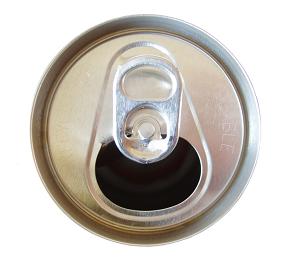 Being pulled over for DUI or DUAC is one of the most frightening situations you can be in, but knowing what to do beforehand can make the difference between dismissal and conviction.
Being pulled over for DUI or DUAC is one of the most frightening situations you can be in, but knowing what to do beforehand can make the difference between dismissal and conviction.
First, as DUI lawyers in South Carolina, let us say that you should never drink and drive. If you go out, have a designated driver—or if you do have too many drinks, call a friend or taxi to take you home. However, if you’re arrested on suspicion of DUI or DUAC, take the following steps to give your DUI attorney the best chance of defending you.
Before anything happens, know which lawyer you would call, and do it as soon as possible.
Put a South Carolina DUI attorney’s number in your cell phone, and make sure your family members have the number also, just in case. Better to have it and never need it than to need it and not have it.
Be aware that the entire arrest must be videotaped.
While there are exceptions to this requirement, generally speaking from the moment you’re pulled over until you’re on your way to the police station, the arrest must be videotaped. This includes the Miranda Warnings, the entire testing procedure, and a 20-minute observation period. The police must perform and tape the breath test within two hours of pulling you over.
While you may be experiencing a variety of emotions during this process, our best advice is to remain polite and cooperative.
Remember that you have the right to remain silent.
You are not required to answer any questions that a police officer asks you. Your right to remain silent cannot be held against you, but if you speak and seem to be slurring your words, that can be used to convict you. Further, it is never a good idea to be rude or threatening towards an officer. This type of behavior only further complicates future negotiations.
Know that you have the right to refuse roadside sobriety tests.
Field sobriety tests can be extremely difficult for even sober individuals to perform correctly. This is especially true if you have a medical condition that hinders your capabilities. The time of day, location and terrain of the incident site can all further impact your ability to successfully complete these test.
A refusal to take a field sobriety test may not be considered disobeying a police command.
Understand the consequences of refusing a breathalyzer.
You have every right to refuse to blow into a breathalyzer, but as South Carolina is an implied consent state, your license will be automatically suspended for six months if you refuse. There are, however, alternative license options available that your attorney can further explain to you.
Even if you’re too nervous to remember all of these tips, taking just one or two will help your SC DUI lawyer defend your case.

